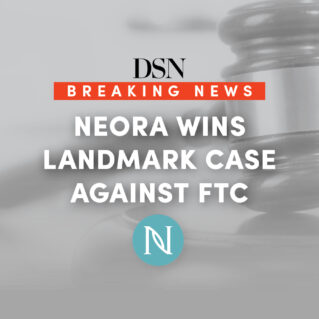The Federal Trade Commission (FTC) announced enforcement priorities in a new agency policy statement, outlining areas of potential harm and emphasizing that traditional principles of consumer protection and competition apply to gig companies.
The policy highlighted misrepresentation, such as a company’s promise of independence while also tightly prescribing and controlling a worker’s tasks; diminished bargaining power, meaning little leverage to demand transparency; and concentrated markets, which reduce choices for workers, as areas of concern for gig workers.
In the policy, the FTC states that they have the authority to enforce both competition and consumer protection laws in the gig economy, regardless of how a company chooses to classify its workers, and reiterated that companies who violate these protection laws could be “obligated to pay consumer redress and civil penalties and may be ordered to cease unlawful business practices.”
“No matter how gig companies choose to classify them, gig workers are consumers entitled to protection under the laws we enforce,” said Samuel Levine, Director of the FTC’s Bureau of Consumer Protection. “We are fully committed to coordinating our consumer protection and competition enforcement efforts within the FTC as well as working with other agencies across the government to ensure gig workers are treated fairly.”


